Fitting of the musical theme of Teamfight Tactics Set 10, main trait 8-bit revolves around reaching new high scores from damage output to scale your unit’s attack damage up as the game goes on.
While not on the same level of popularity as some of the other traits in Set 10, like popular bands K/DA and the new addition Heartsteel, 8-bit models itself off of one of the classic skin lines in League of Legends: Arcade. The skins themselves didn’t represent music outside of unique 8-bit sounds, but the 8-bit trait is all about that chiptune noise that can bring waves of nostalgia to players across TFT.
8-bit TFT Set 10 champions and Headliner bonus
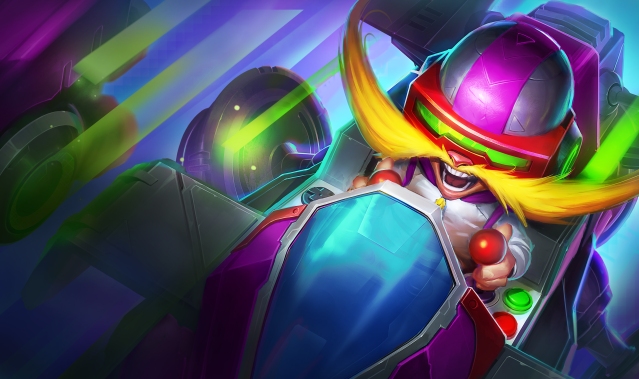
With four base units for 8-bit, the goal is simple. As soon as the trait is active at two 8-bit units, the game will start to track how much damage your team does. Then, when that damage dealt number goes above specific numbers, known as high scores, 8-bit units will gain a flat attack damage buff. The more 8-bit units you have, the higher the damage output, and the more damage you do.
The three different levels of 8-bit are at two, four, and six units, with the attack damage buffs at 3.5 percent, six percent, and 10 percent. With only four 8-bit units in Set 10, players have to get an emblem or a headliner to increase it to the six 8-bit threshold can lead to a big reward, dubbed the grand prize, if the player beats the final high score.
- Corki (8-bit/Big Shot): Headliner is bonus attack damage
- Garen (8-bit/Sentinel): Headliner is bonus health
- Riven (8-bit/Edgelord): Headliner is bonus health, attack damage, armor, magic resist
- Caitlyn (8-bit/Rapidfire): Headliner is bonus attack damage and an extra shot for her ability
Corki and Garen are the early game units, so their use is to start the trait, especially if the headliner comes by and offers an extra slot for 8-bit. Riven is a three-cost that spikes hard once you two-star her, with a great headliner bonus if you can get it. Caitlyn is the only four-cost, and offers some extra damage while Garen and Riven are at the front line.
How to play the TFT Set 10 8-bit trait

The 8-bit trait is one of the easier traits to understand, as it rewards the players who get it early and stick to it, allowing it to build up. Whether you try to lose-streak or win-streak with this trait, the benefits remain the same, but win-streaking would allow players to do more damage and hit those high scores quicker.
Thanks to the headliner feature and the fact that 8-bit only requires two units to activate, getting a headliner version of Corki or Garen with an added 8-bit slot can allow players to start building the trait without having to commit an entire board to it. Plus, with how 8-bit counts all damage done towards high scores, not just 8-bit unit damage, there is a viable way to rotate to 8-bit after starting with a strong board from a different trait.
Plus, there is an augment that I came across in the PBE called Insert Coin, which gives all 8-bit units execution on enemies below 10-percent health and a potential gold drop based on what high score you’ve hit. I had an 8-bit team with literally no damage items whatsoever and still managed to get fourth place, so if you get that augment, an 8-bit rotation might be a smart idea.
Best TFT Set 10 8-bit comps



So far, the biggest issue that I’ve faced trying out this composition is the front line, so I have found two valid teams, one with a front line and one without.
The first includes the True Damage trait, as well as the five-cost units of Jhin and Sona. This team takes a lot of time and money to get, but if you get Training Dummies or a Support item that keeps your backline safe, it can help lead to a lot of damage done. Add an 8-bit emblem onto a Jhin or Ezreal, and you’ve got that grand prize in progress.
Speaking of Ezreal, he’s another good unit in the second team composition: the Heartseel 8-bit combo. Units like Kayn, Yone, and K’Sante help keep your Ezreal, Corki, and Caitlyn safe while they pick your enemies apart.
Additional comps and strategies will be added as Set 10 officially launches on Nov. 21.


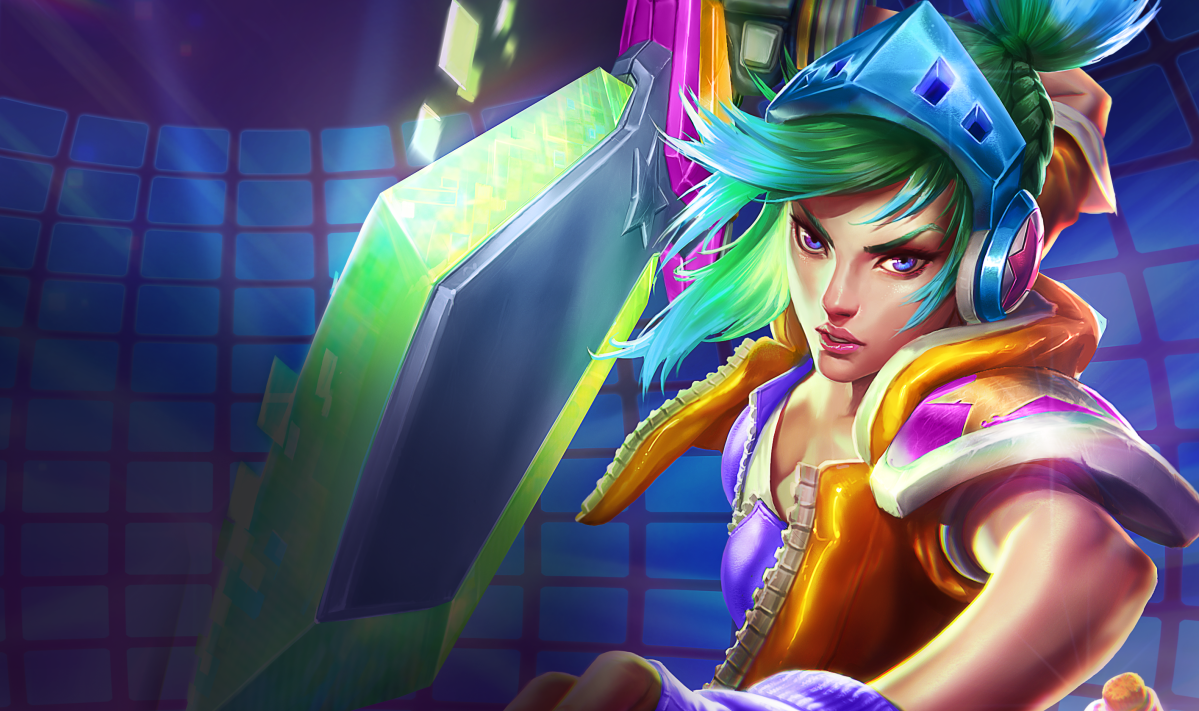

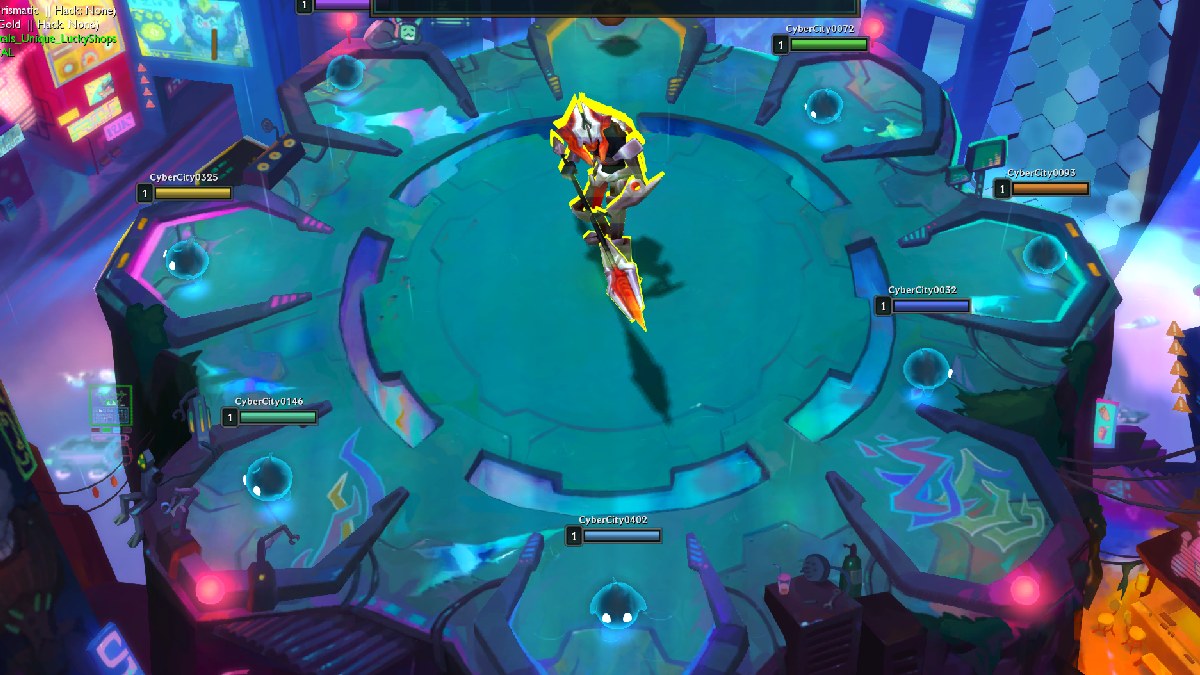
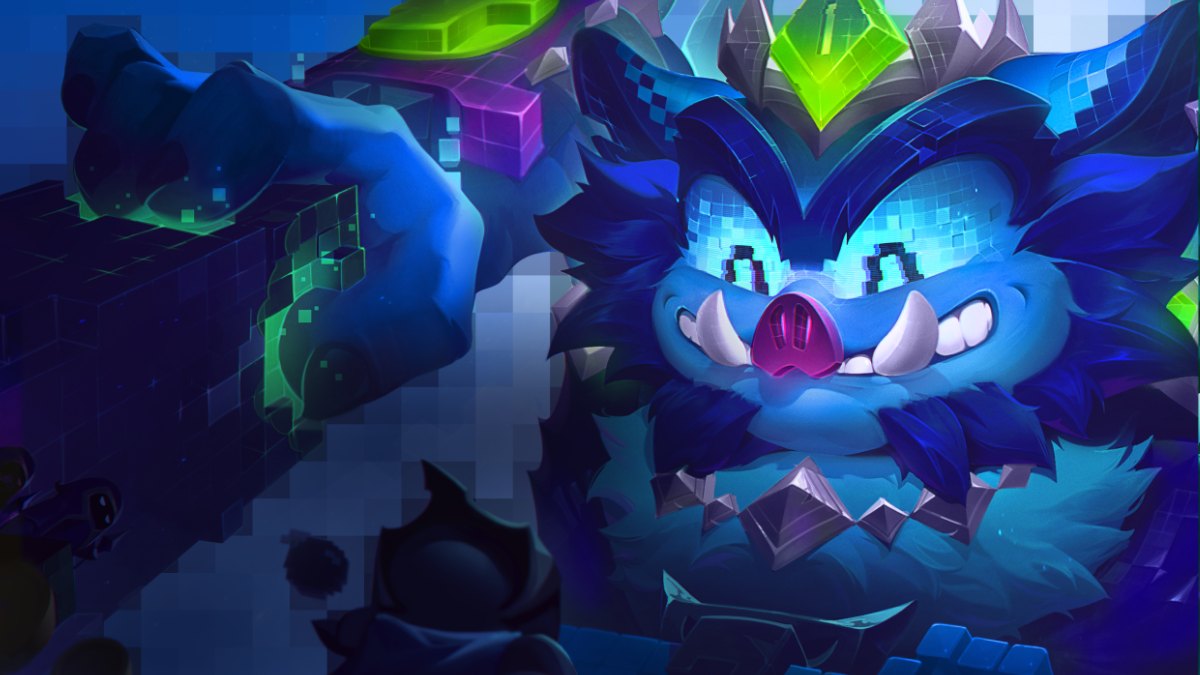
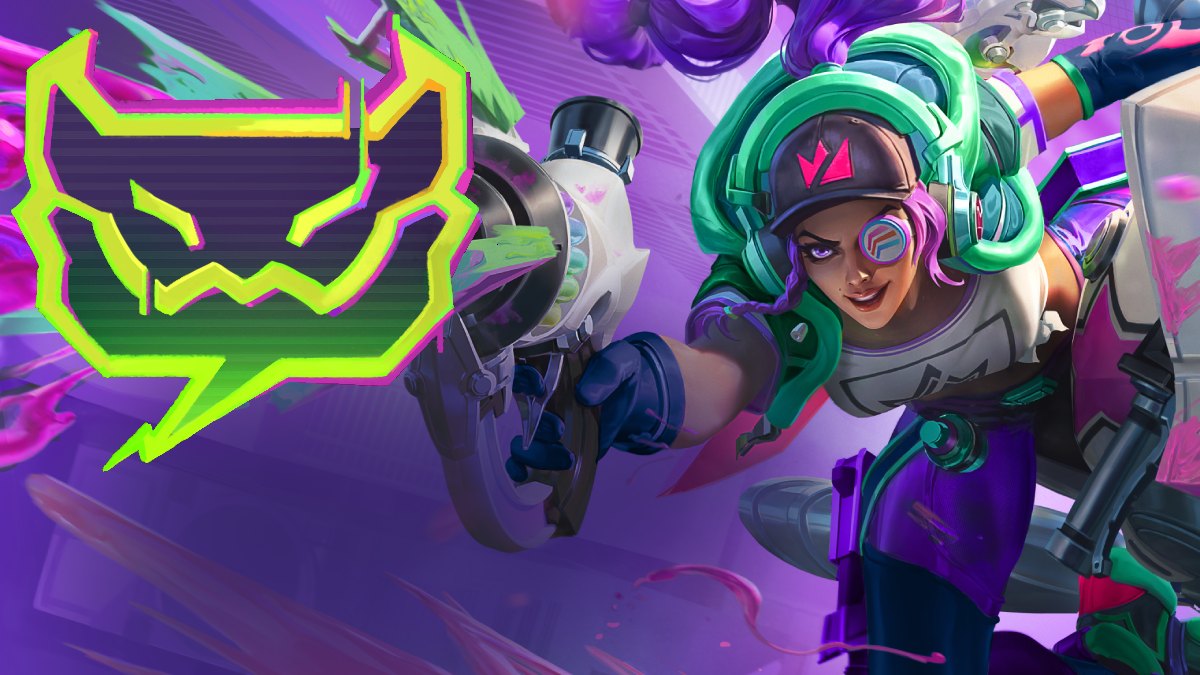
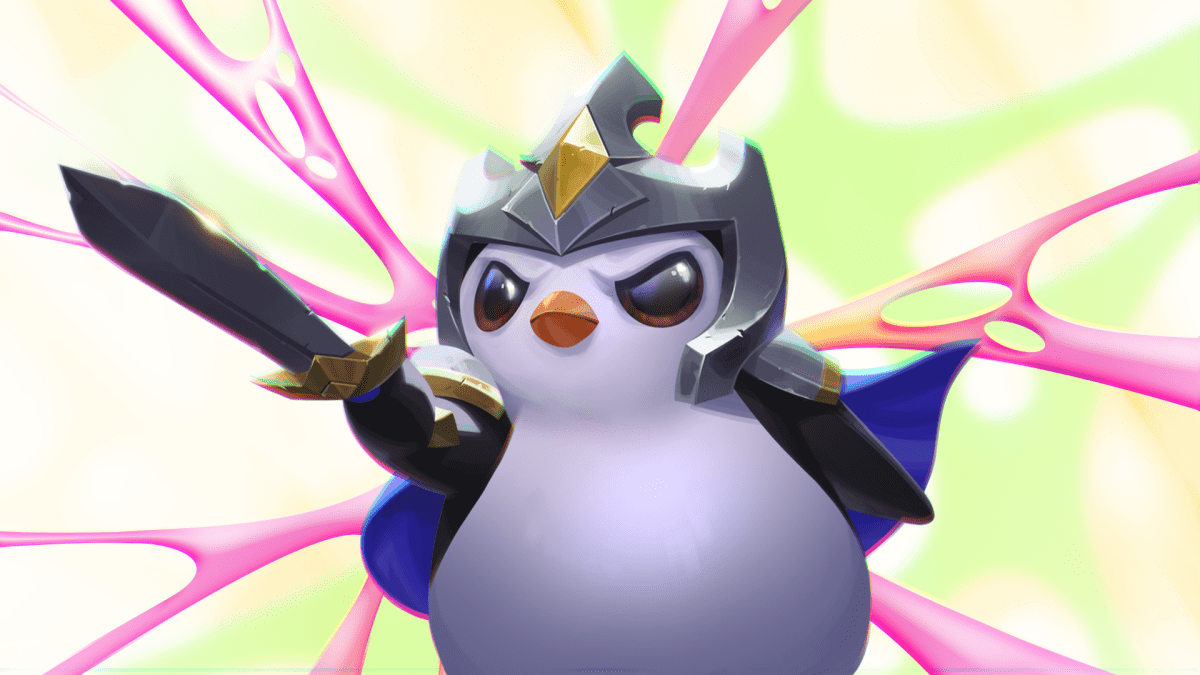
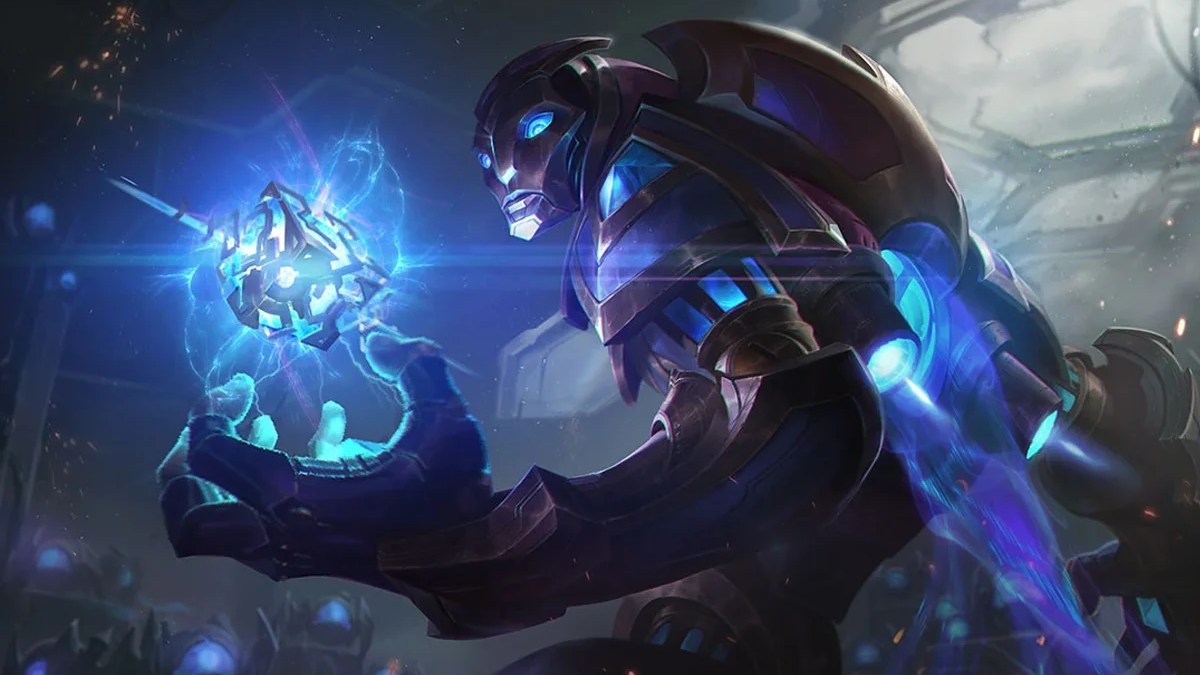
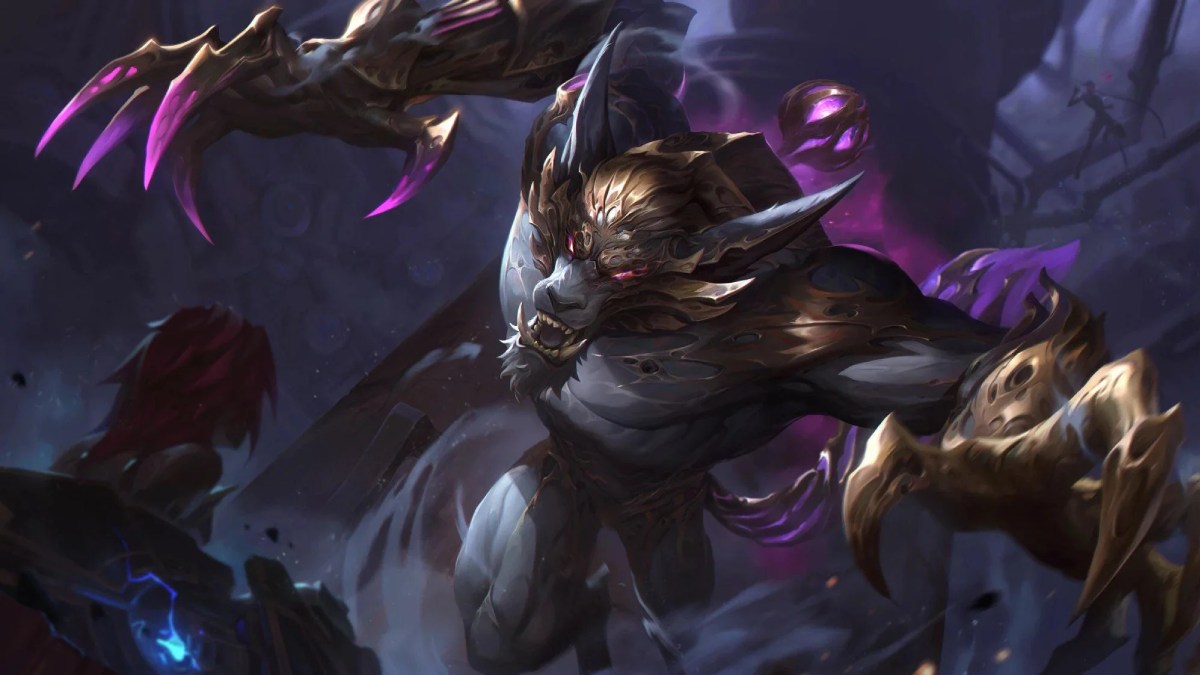
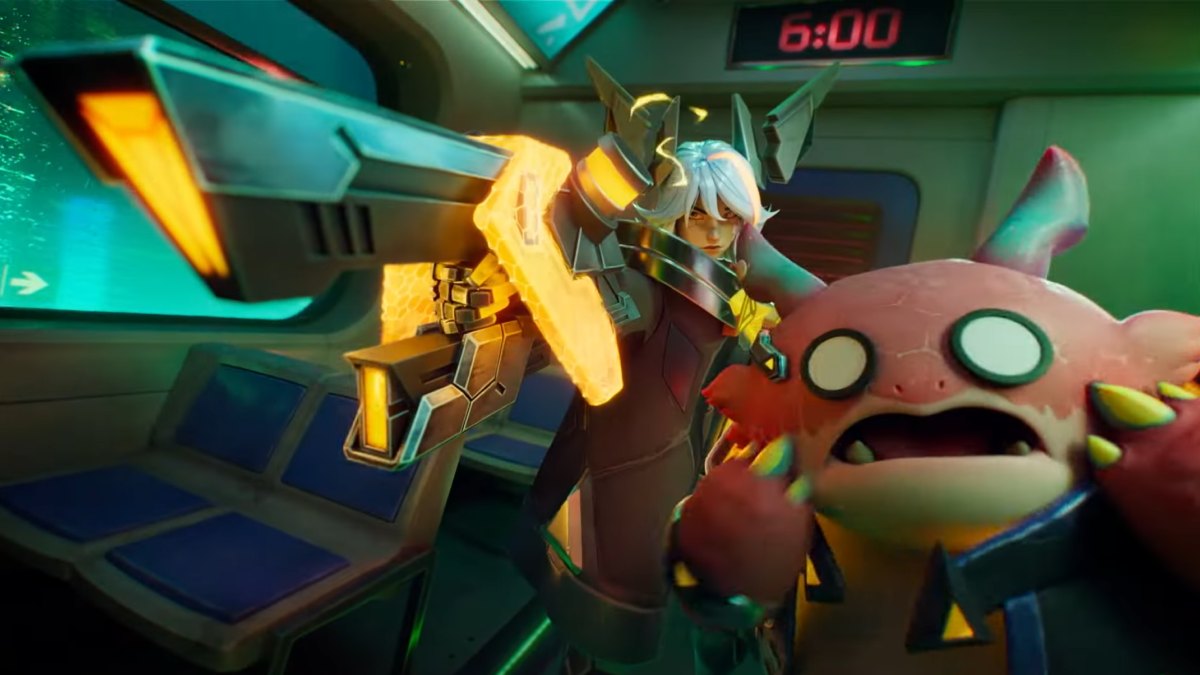

Published: Nov 14, 2023 03:17 pm